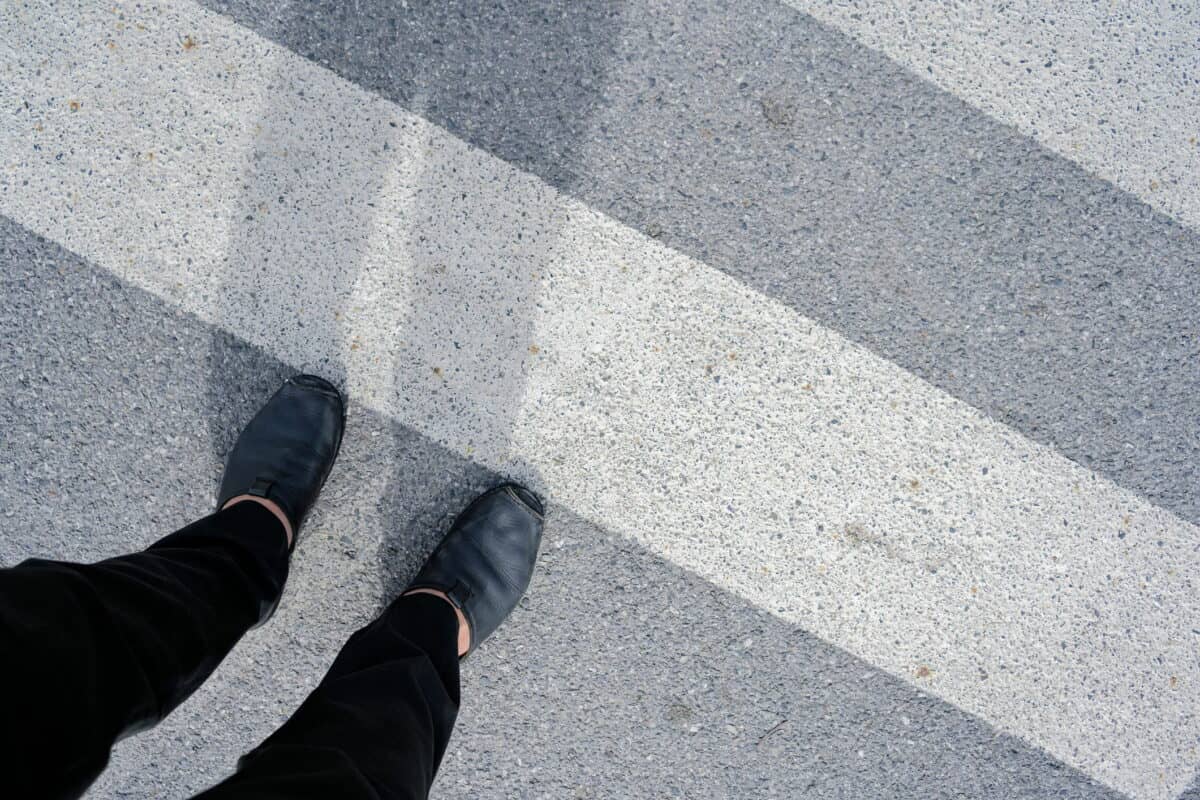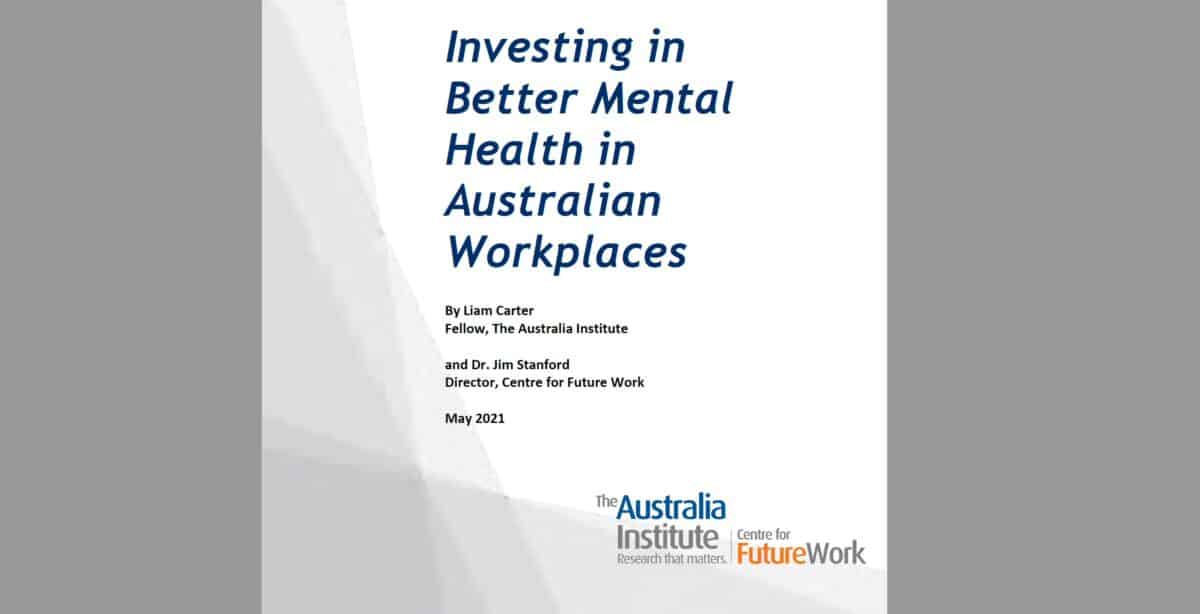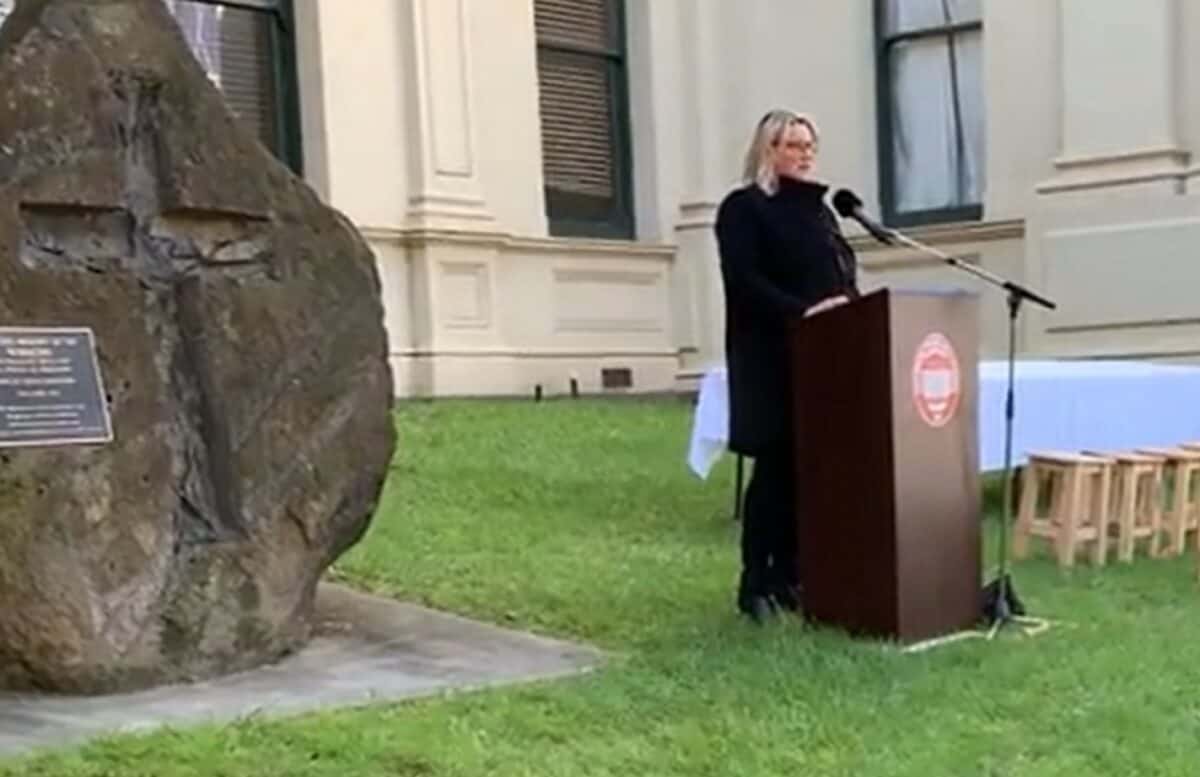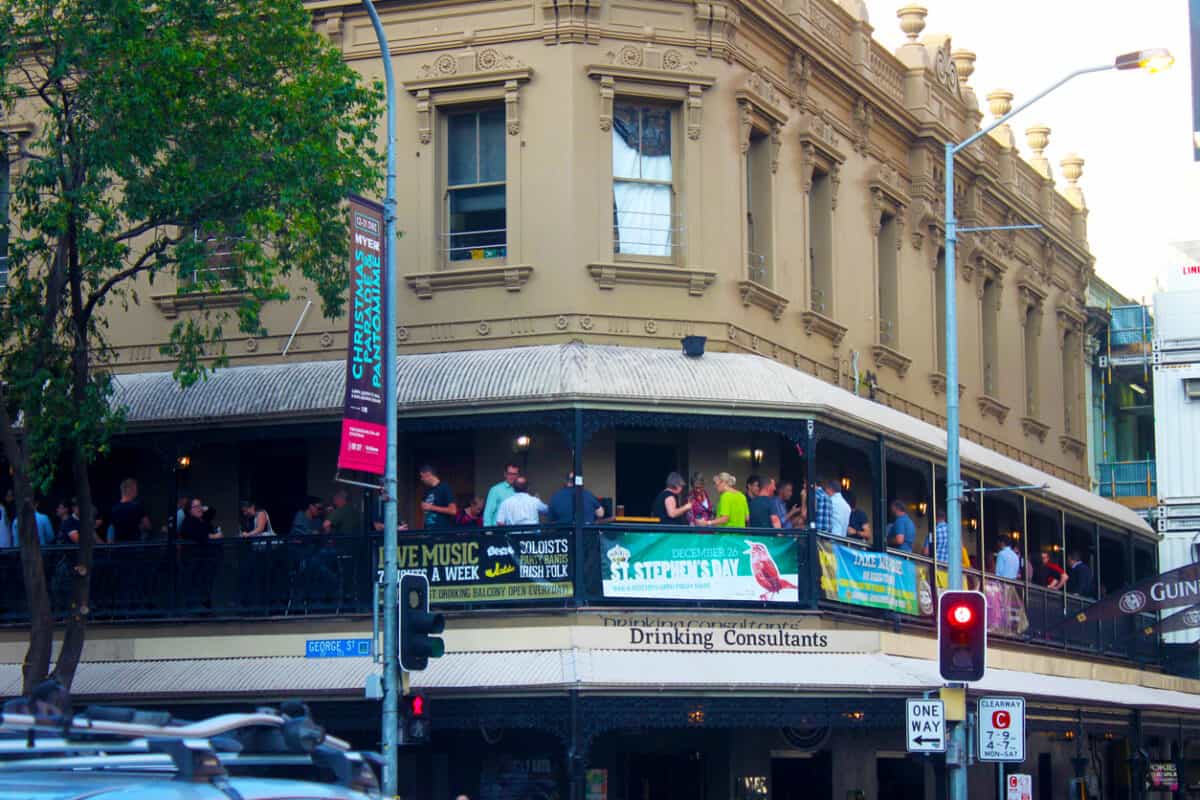Last week the Australian Council of Trade Unions (ACTU) issued a media release describing the meeting of Work Health and Safety Ministers presenting a
“… huge step forward on mental health…”
The “step” is more walking on the spot than a step forward as the obligation to address psychological hazards in the workplace has existed in Australia for decades. It has just been ignored.
However, what caught my attention was this statement:
“Up to 45 per cent of mental health issues are attributable to work…..”







